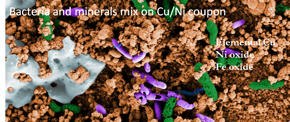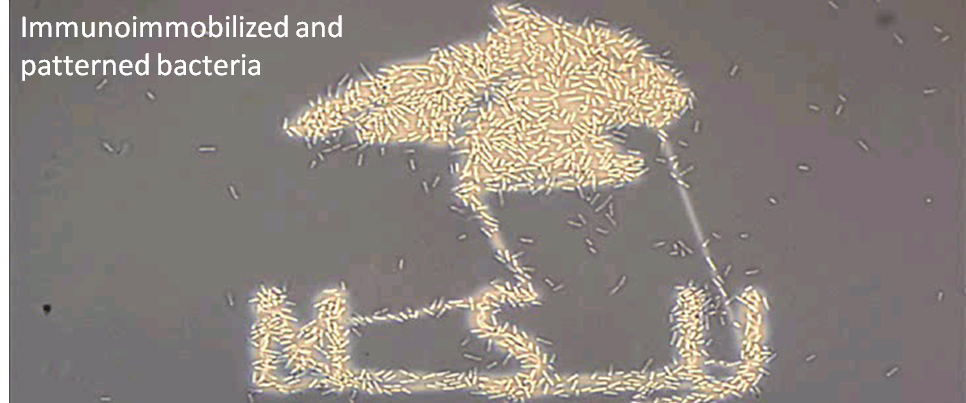The field of biophysics today comprises a wide variety of topics which do not have a single identifiable definition. The topics cover more than the mere application of physical principles to biological systems. Ultimately the field aims to understand life itself, which involves highly dynamic, organized and collective processes that survive and thrive in highly fluctuating environments. In a sense biophysics is the field of exploration taking place at the boundaries of physics and biology. Each discovery made in the field is a small step leading to this aim. Each institution focuses on a small part of the large field covering such areas as molecular genetics, neurosciences, nano-bio interfaces regulating biological functions, bio-robotics, dynamics and adaptive cell behavior, just to name a few.
An increasingly large number of groups in physical sciences have been getting into the action by developing innovative theoretical approches to understand complex dynamics systems and by developing quantitative experimental approaches to measure quantities that used to be determined qualitatively. Quantitative determination has had enourmous impacts on the biomedical field, such as immunohistochemical applications. However, many more fields still await quantitative determinations of such events as bacterial adhesion and receptor-ligand interactions.
MSU Physics offers an excellent environment for research and education in the field
of biophysics. The Department of Physics has several faculty members with interests
in biology, who collaborate with a number of other departments on campus including
Biochemistry, Microbiology, Biology, Center for Biofilm Engineering, and Land Resources
and Environmental Sciences. Interest in biophysics is growing rapidly in parallel
with the growth in the number of undergraduate, graduate and postgraduate students
with multidisciplinary backgrounds involving physics and biology.
Currently the Department of Physics has three groups who have a strong interest in
biophysics issues. These groups have access to a large number of facilities both in
Physics and in the many traditional biology and bio-chemistry laboratories located
on campus and to the expertise in these facilities.
In brief, the study of biophysics at MSU has been growing at an increasing rate, creating new opportunities for graduate students and postdoctoral fellows at the interface between physics and biology.



